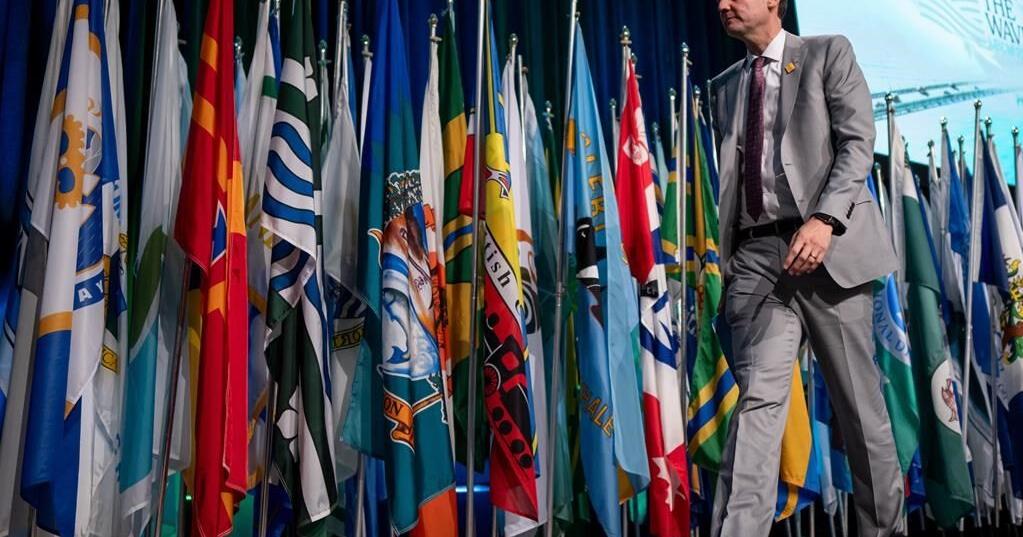VANCOUVER – A day before the official start, British Columbia‘s election campaign sees B.C. Conservative Leader John Rustad and Green Party Leader Sonia Furstenau speaking to municipal leaders, while NDP Leader David Eby is gearing up to get his campaign bus rolling.
Eby spoke to local politicians yesterday at the Union of B.C. Municipalities convention, as they presented a laundry list of concerns for the provincial government at the meeting, from homelessness to the overdose crisis and more support funding.
Eby’s speech to the municipal leaders focused on his recent announcement to implement plans to introduce involuntary care of people struggling with mental health and addiction issues.
He says several city governments have already indicated they are on board with having a “secure site” to house and treat severely mentally ill and drug addicted people.
The decriminalization of possession of small quantities of hard drugs and open drug use in public areas is expected to be a major issue in the Oct. 19 election, which officially starts Saturday.
Rustad, who has been highly critical of safe supply and decriminalization initiatives, says he supports involuntary care, including for children.
Of the three party leaders, only Furstenau has run in a provincial election for the premier’s job.
Eby took over the job from former premier John Horgan almost two years ago, while Rustad was acclaimed as the leader of the B.C. Conservatives last year.
This report by The Canadian Press was first published Sept. 20, 2024.

























